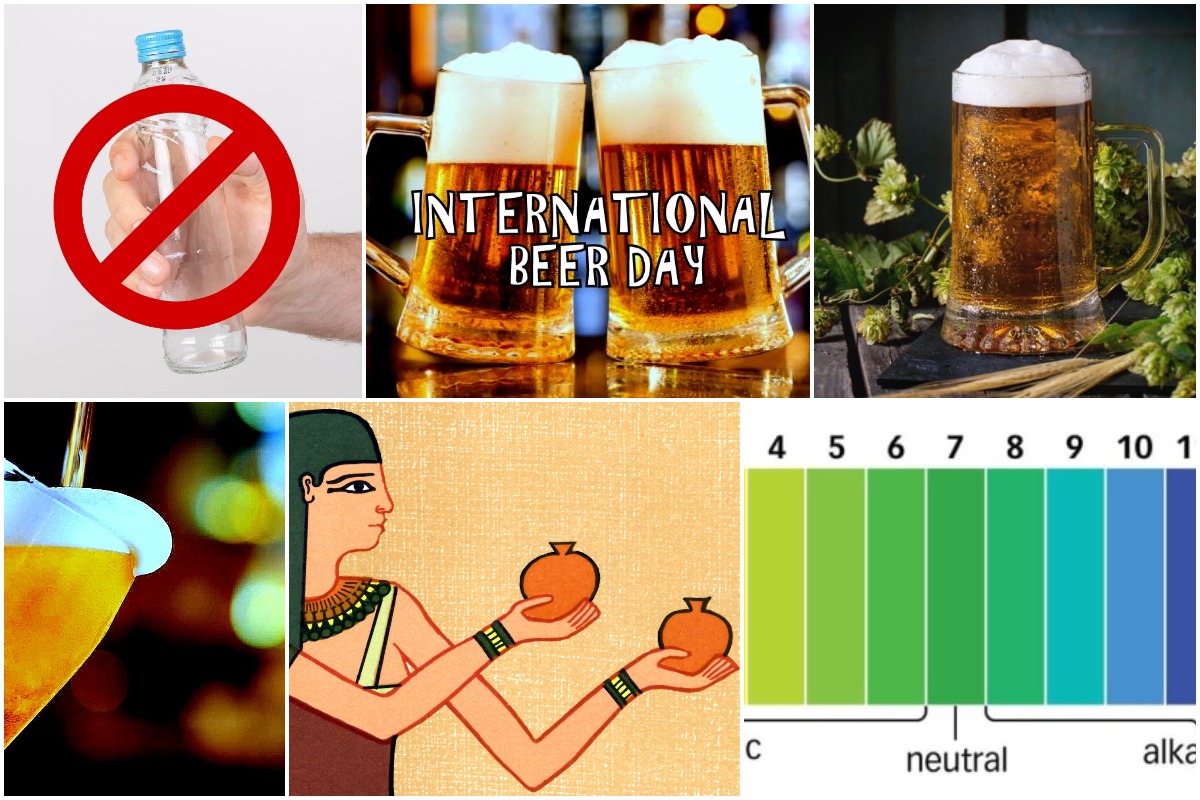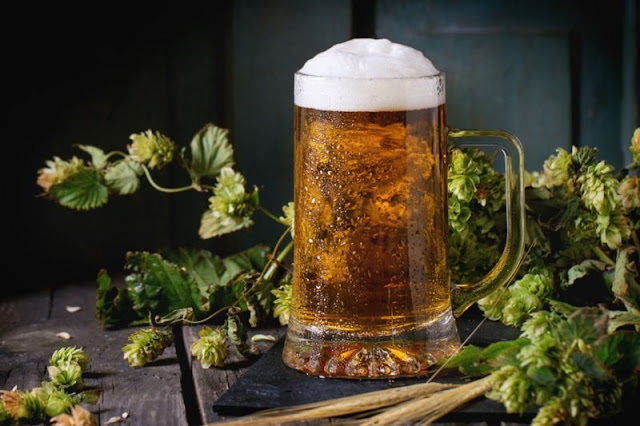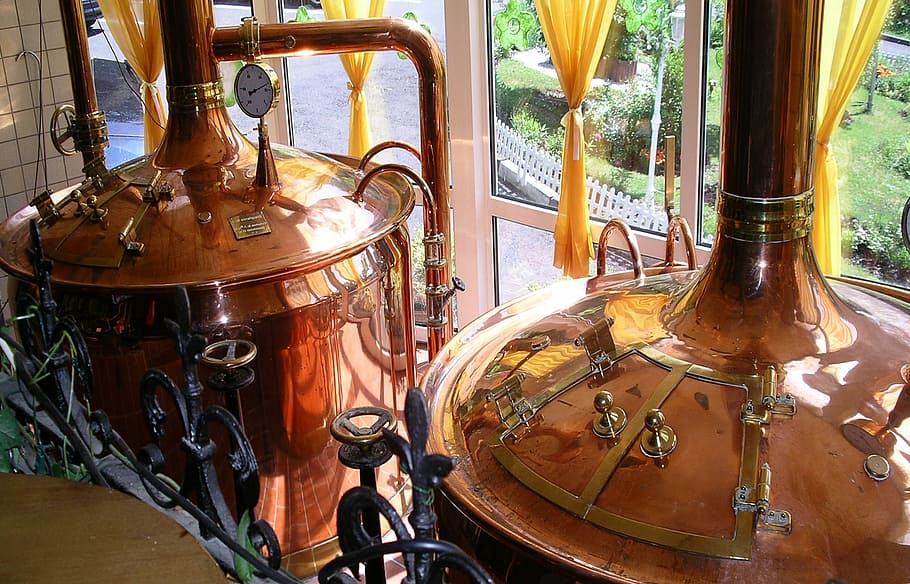How far you know about beer? Here are some interesting facts about beer that you should know before taking a sip.
Ever thought why beer is not sold in a plastic bottle?
Beers, as well as all liquors, are not sold in plastic bottles. The reason being the effect on its quality and taste. There are various reasons -
Ever thought why beer is not sold in a plastic bottle?
Beers, as well as all liquors, are not sold in plastic bottles. The reason being the effect on its quality and taste. There are various reasons -
- Plastic is not as impermeable as glass. So there may chance of escape of CO2 from beer, effecting the taste of beer and making it flat. As a result, it can affect the quality of beer and decrease its shelf life.
- Beers, as well as almost all liquors, are pasteurized after bottling. Plastic bottles cannot withstand the pasteurization temperature and tend to warp under high temperatures.
- Plastic has a tendency to leach to a considerable extend if alcohol is stored for a longer time as it has certain chemical substances like ethylene glycol and terephthalic acid. Glass bottle has high resistance against leaching due to its Dealkalization process.
- Plastic ie PET (Polyethylene Terephthalate) bottles are generally clear and transparent. The beers stored in plastic bottles get effected in the presence of light. It's easier to add dark color to glass than plastic.
Why beer tastes bitter?
Beer tastes bitter because of adding hops as its compounds originating from them that accounts for the bitter flavor. Hops contain organic compounds called alpha and beta acids. Most of the bitterness comes from alpha acids due to its five mains compounds – humulone, co humulone, ad humulone, post humulone, and pre humulone. During the brewing process, they are degraded to form iso-alpha acids. Due to its solubility, it contributes much bitterness to beer. Beta acids also contain three main components – lupulose, co lupulose, and ad lupulose. They impart a harsher bitterness than alpha acids, but as they are insoluble, their contribution is much lower.
Why does beer foam when poured into a straight glass, but doesn’t foam when poured to a tilted glass?
When beer is poured in a straight glass, it creates a turbulent flow which helps to release the carbonation dissolved in the beer. When CO2 is released, bubbles trapped by beer’s superficial tension creates the foam. This is called the Head. The same reason occurs when a beer bottle gets jerked and foam comes out.
But when the beer is poured in a slightly tilted glass at a shorter distance, it creates laminar flow which releases much less CO2.
International Beer Day
International beer day is celebrated on the first Friday of August. It was started in 2007 in Santa Cruz, California by Jesse Avshalomov. Since its inception, International Beer Day has grown from a small localized event in the Western United States into a worldwide celebration spanning 207 cities, 80 countries, and 6 continents.
From 2007 through 2012, International Beer Day was celebrated on August 5. After 2012, the founder took a poll of fans and chose to move the holiday to the first Friday in August. This year (2020) the International Beer Day will be on August 7, 2020.
Was beer invented by a woman?
Once Plato said that Whoever invented beer was a wise man. But he was wrong. It was a woman, who invented beer. More than 7000 years ago beer brewing was developed in Mesopotamia. A woman mixed the grains of cereals with water and herbs. After that, she brewed them and for nutrition, fermentation was carried.
Do you know, who invented the pH scale?
The pH scale was invented by S.P.L Sorensen at Carlsberg Laboratory in Valby, Denmark in 1909. He invented this tool by experiencing with beer. S.P.L Sorensen was nominated for Nobel Prize in Chemistry and Physiology and medicine for his invention of the standardized pH scale. In 1924, the old pH scale was revised to the modern pH scale to accommodate definitions and measurements in terms of electrochemical cells.
Carlsberg Laboratory is a laboratory of Carlsberg Group. It was established in 1875 by J.C Jacobsen to study the malting, brewing, and fermenting process. Carlsberg Laboratory is known for the isolation of Saccharomyces Carlsbargensis, the species of yeast responsible for lager fermentation.













Moja
ReplyDeleteNice one blog bro...keep it up
ReplyDeleteLots of grammatical errors. Try to improve please.
ReplyDeleteYeah sure..
DeleteMoja
ReplyDeleteNice it is
ReplyDelete